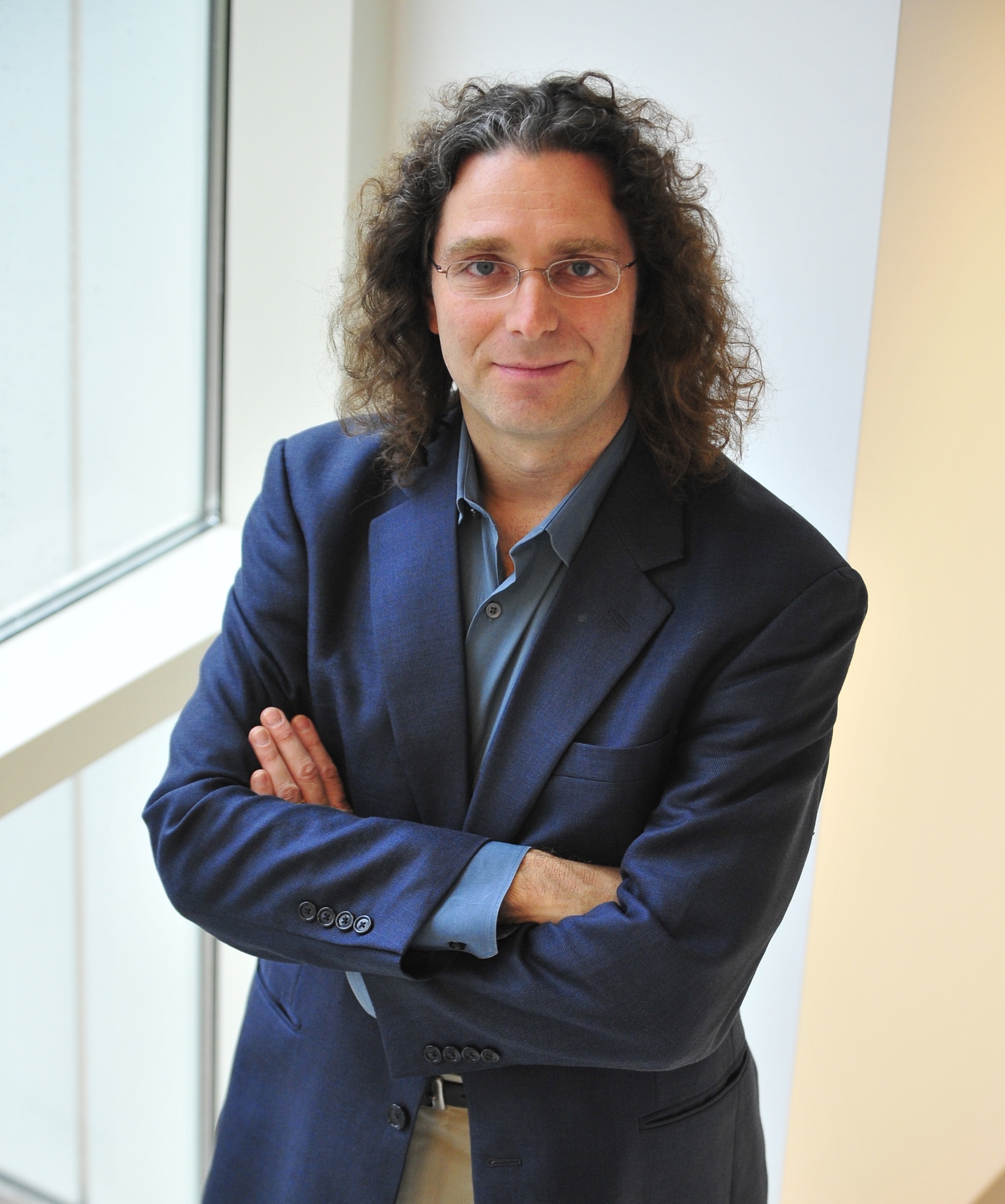16,648 Reasons to Live

Concern about leaving devastated family members behind. The joy of raising a kitten. Thoughts of enemies who might gloat that they’d “won.”
Those were some of the motivations that more than 16,000 Reddit users in September 2020 said had deterred them from taking their own lives. Other things that kept commenters from the edge included religion (both faith and fears), and profound wishes to understand their place in the universe. Still others expressed a desire to see how “Game of Thrones” would end or wrote about the power of a random hug from someone they barely knew—or even the lure of illicit drug use. 
The vast and often surprising constellation of reasons people lived through suicidality fascinated University of Maryland computational linguist Philip Resnik (pictured right), a professor of linguistics with a joint appointment in the University of Maryland Institute for Advanced Computer Studies who frequently focuses his research on mental health. He and a multi-institutional, multidisciplinary team are preparing a paper for publication based on their computer-assisted analysis of the Reddit thread.
While most investigations of suicidality focus on relatively small groups of research participants and on understanding the forces that drive people toward killing themselves, the thread featured many thousands of people explaining—sometimes in great detail—what pulled them back toward living. Resnik and research collaborator April Foreman, deputy director of technology and innovations at the U.S. Department of Veterans Affairs Veterans Crisis Line, recognized a gold mine of unusual data—and a possibility of finding new ways to save lives.
“We knew we had to jump on this,” Resnik said. “It was this remarkable potential source of knowledge and insight about what's going on with people when they're suicidal, from people who've actually survived being suicidal.”
Another Resnik collaborator, Loyola University of Chicago social work Professor Jonathan Singer, a past president of the American Association of Suicidality, said that same enticing immensity of the data also threatened to make it unmanageable.
“I thought, how the hell are we going to do this? How do we analyze 16,000 people’s responses? It’s going to take a year to go through it,” he said. “And that’s where Philip’s really world-class expertise came into play.”
Supported by a National Science Foundation RAPID grant, Resnik at the time was exploiting long-established machine learning algorithms to analyze text data relating to the pandemic, including working with data scientist Josh Hagedorn of TBD Solutions on surveys of mental health crisis support organizations. He realized a similar approach could speedily churn through the social media data, helping to analyze and group Redditors’ reasons for opting against suicide into a manageable number of categories.
Resnik’s approach didn’t end with what the algorithm spit out, however. Once it had had organized the responses into 30 categories, Resnik asked Foreman and Katherine Schafer, a Vanderbilt University Medical Center assistant professor of biomedical informatics, to apply a systematic curation process he had developed in the NSF grant to review the automatic groupings. For instance, they validated a category involving the anticipation of new TV shows, video game editions and episodes in a movie franchise—none of which had been discussed in the prior scholarly literature on reasons for living—as well as categories like concern about family members that have been studied in the past.
The process yielded 24 expert-validated categories. In a final stage of analysis, Resnik and his wife and frequent research collaborator, Rebecca Resnik ’95, M.Ed. ’96, a clinical psychologist, organized these categories into overarching themes.
Using an artificial intelligence system allowed a massive acceleration of analysis, but the expert curation is also essential, Resnik said.
“This is an approach that takes the best of both worlds—the scalability and lack of confirmation bias of a computational approach and combining that with the human side where you interpret, you assign meaning, you gain insight,” he said.
Four overall themes emerged in the analysis:
Concern for others. Not wanting to hurt, burden, or traumatize loved ones (including pets), or a desire to continue taking care of them.
Sensory pleasures. Anticipating or experiencing transitory “hedonic” pleasures or distractions, like TV shows, video games, music, the pleasures of food, alcohol, drugs.
Positive foresight. Ways of achieving a forward-looking perspective and recognizing the possibility of a meaningful future, such as professional treatment, discovering connection with other people or experiencing wonder or awe.
Negative valence. Negative emotional or motivational states, such as fear, spite or anger. Examples might include proving others wrong, fearing religious punishment or concerns about consequences of living through a suicide attempt.
While the desire to engage in hedonistic pursuits or negative feelings like spite might seem like counterintuitive ways to stay alive, Resnik believes it’s important not to judge those struggling with suicidality.
“We would usually see negative emotions making people's lives worse, or a hyperfocus on gaming keeping them away from their real issues. And that’s almost certainly right in the long term”, he said. “But our analysis suggests that in the short term, in times of high risk or crisis, we shouldn’t miss or dismiss the possibility that they might be unexpected lifelines.”
It’s a controversial point, he acknowledged, and one he looks forward to seeing reviewers’ responses on. The paper’s most important takeaway is that looking at people’s lived experiences on the panoramic scale afforded by computational processing of the viral Reddit thread opens up new possibilities for understanding and combatting suicide.
To view the pre-publication paper, email Professor Philip Resnik at [email protected].
—This story, written by Chris Carroll, was originally published in Maryland Today.
